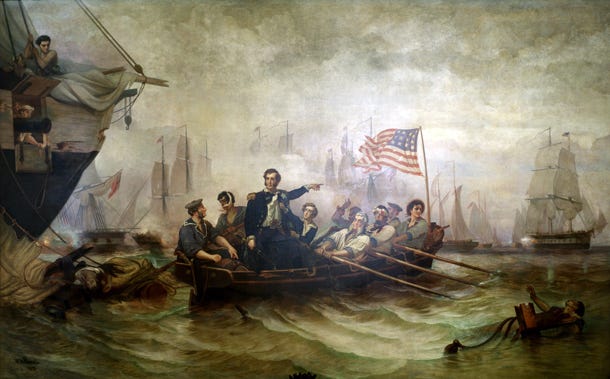Authenticity Takes Courage
When you risk everything to take a stand.

“Discovering the truth about ourselves is a lifetime’s work, but it’s worth the effort.”
— Fred Rogers
There’s an old proverb that goes, “Success has many fathers. Failure is an orphan.”
Sometimes, standing up for what’s right can seem like a lonely task.
Just this week, tennis pro Naomi Osaka determined that she would not speak to the media around the French Open, citing her mental health as the cause.
The tournament officials fined her $15,000 and threatened even stiffer penalties at other Grand Slam events if she continued to refuse. Undeterred, Osaka withdrew from the French Open.
Osaka’s decision has caused a great uproar, from people in support of her and critical of her decision. A decision that was deeply personal and tied to her mental health.
Indeed, if Osaka had broken her ankle on the court, would the press have expected her to walk on it? Mental health is no different, and she made …



